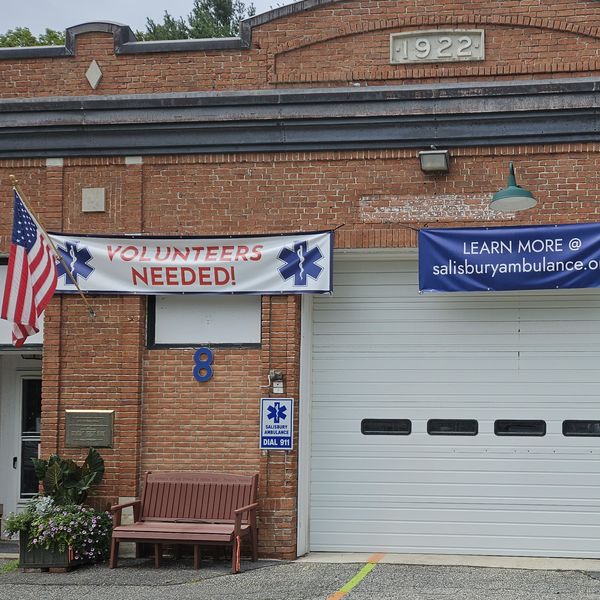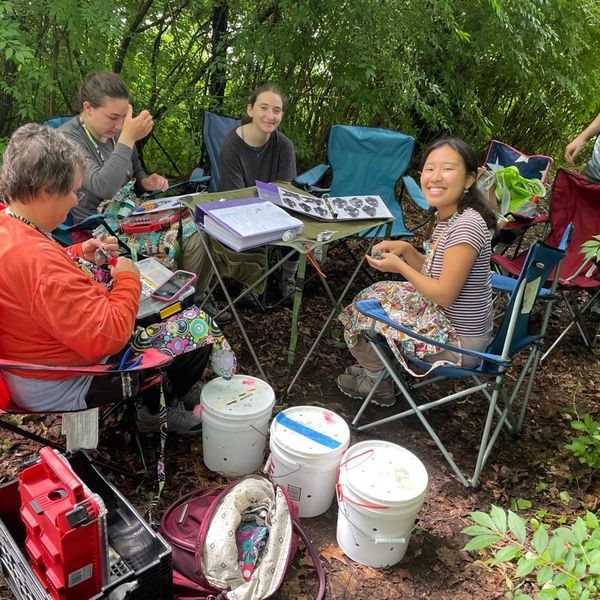A few months back on Twitter, some wag suggested that you can cause a great disturbance in the Force — and provide moments of serious fear and confusion — by taking almost any Wikipedia article about the world today and putting the descriptions of the key things in it in the past tense.
I investigated. And it’s true.
It’s totally dystopic.
Take water, for example. Today it reads:
“Water is an inorganic, transparent, tasteless, odorless, and nearly colorless chemical substance, which is the main constituent of Earth’s hydrosphere and the fluids of most living organisms. It is vital for all known forms of life, even though it provides no calories or organic nutrients. . . . (https://en.wikipedia.org/wiki/Water)”
Now read it this way:
Water was an inorganic, transparent, tasteless, odorless, and nearly colorless chemical substance, which was the main constituent of Earth’s hydrosphere and the fluids of most living organisms. It was vital for all known forms of life, even though it provided no calories or organic nutrients. . . .
Or take oxygen.
“Oxygen is the chemical element with the symbol O and atomic number 8. It is a member of the chalcogen group in the periodic table, a highly reactive nonmetal, and an oxidizing agent that readily forms oxides with most elements as well as with other compounds. By mass, oxygen is the third-most abundant element in the universe, after hydrogen and helium. . . . (https://en.wikipedia.org/wiki/Oxygen)”
But now:
Oxygen was the chemical element with the symbol O and atomic number 8. . . . By mass, oxygen was the third-most abundant element in the universe, after hydrogen and helium. . . . Oxygen used to be continuously replenished in Earth’s atmosphere by photosynthesis, which used the energy of sunlight to produce oxygen from water and carbon dioxide. . . .
And more past-tense tension:
The Supreme Court of the United States (SCOTUS) was the highest court in the federal judiciary of the United States. It had ultimate (and largely discretionary) appellate jurisdiction over all federal and state court cases that involve a point of federal law. . . . The Court held the power of judicial review, the ability to invalidate a statute for violating a provision of the U.S. Constitution. It was also able to strike down presidential directives for violating either the Constitution or statutory law. . . . (https://en.wikipedia.org/wiki/Supreme_Court_of_the_United_States)
Democracy (Greek: δημοκρατία dēmokratía, literally “rule by people”) was a form of government in which the people had the authority to choose their governing legislation. Who people are and how authority was shared among them were core issues for democratic development and constitution. Some cornerstones of these issues were freedom of assembly and speech, inclusiveness and equality, membership, consent, voting, right to life and minority rights. . . . (https://en.wikipedia.org/wiki/Democracy)
Or:
The United States of America (USA), commonly known as the United States (U.S. or US) or America, was a country comprising 50 states, a federal district, five major self-governing territories, and various possessions. At 3.8 million square miles (9.8 million km), it was the world’s third or fourth-largest country by total area and was slightly smaller than the entire continent of Europe. Most of the country was located in central North America between Canada and Mexico. With an estimated population of over 328 million, the U.S. was the third most-populous country in the world. The capital was Washington, D.C., and the most populous city was New York City. (https://en.wikipedia.org/wiki/United_States)
The dystopic nature of this exercise is effective.
It works because many of us have come to recognize the lingua franca, structure, cadence and content of a Wikipedia article, and rely on the site to provide us with entry points into learning more. In fact they are the key entry points, online — as each of the above surfaces first in a Google search online for the noun.
You can try this at home for each of these terms — even the text box that appears on the page, filling in the knowledge graph, is drawn from Wikipedia.
Wikipedia, it turns out, is our air. A noncommercial, not-for-profit resource, it belongs to us, and not to anyone else. It promotes a self-conscious approach to rights — to contributor rights, to use rights, to user rights — as its first order of business. Not only is the actual process of knowledge creation on Wikipedia one that actually produces more equity and fairness within the act of authoring and editing — never closed to anyone, never static; not only is it an encyclopedia that even 10 years ago rivalled and usually surpassed the quality of the Encyclopedia Britannica and other longstanding print and online references; but today this powerful website, the fifth- or sixth- or 10th-most-visited site in the world, shapes knowledge creation as well as reflects the state of what we know.
How great that we can control it! Now imagine if we could write not only the articles, but control our own future. Imagine if:
Addison Mitchell McConnell Jr. (born February 20, 1942) was an American politician who served as Kentucky’s senior United States senator and as Senate Majority Leader. McConnell was the second Kentuckian to lead his party in the Senate, the longest-serving U.S. senator for Kentucky in history, and the longest-serving leader of U.S. Senate Republicans in history.
Or:
Donald John Trump (born June 14, 1946) was the 45th president of the United States. Before entering politics, he was a businessman and television personality.
Dystopia — or . . . utopia?
We actually have that power.
Peter B. Kaufman lives in Lakeville and Cambridge, Mass., and works at MIT. He is the author of the forthcoming book, “The New Enlightenment,” (Seven Stories Press, 2021)
















Dystopedia